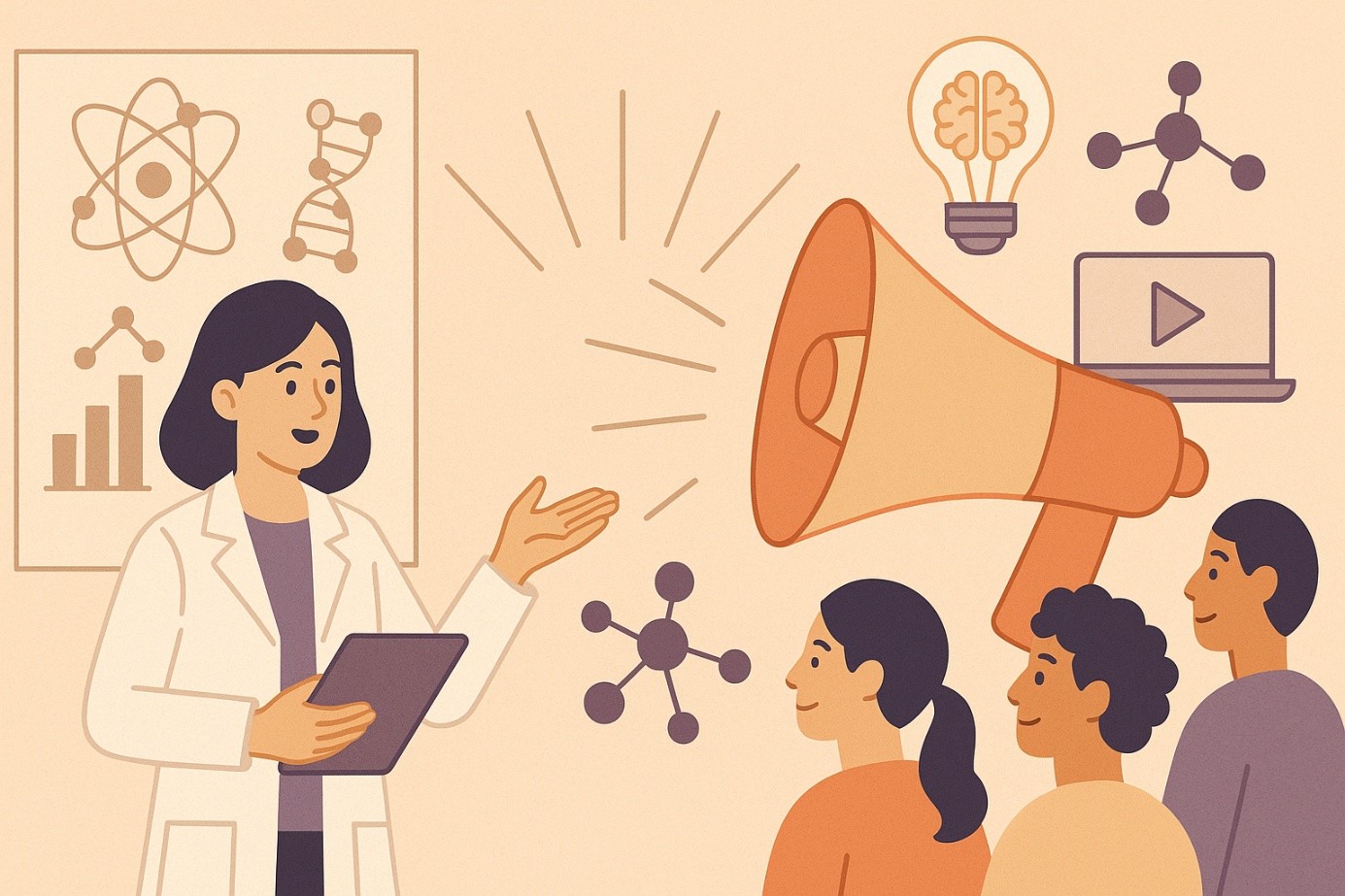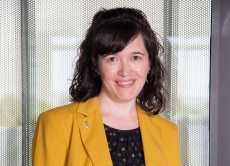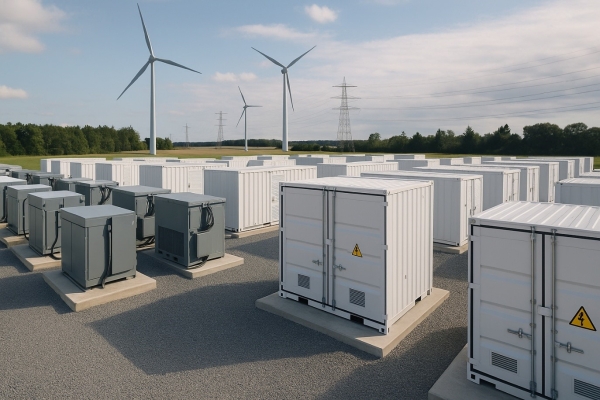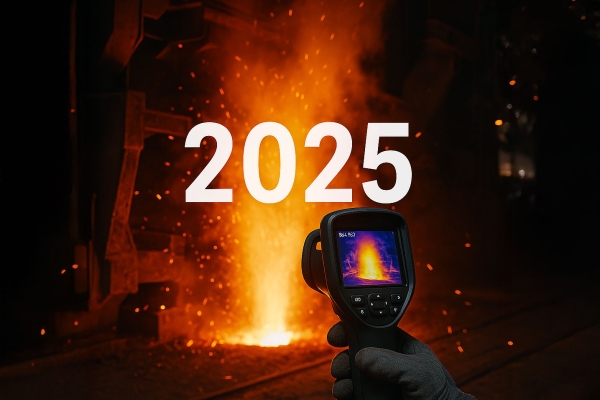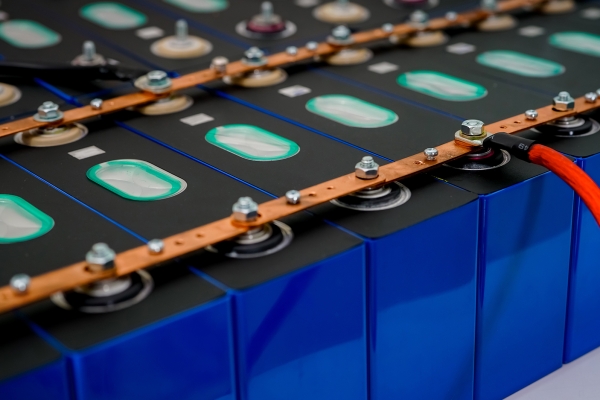The dissemination of scientific knowledge is, therefore, a strategic priority. Making science accessible is not just a matter of communication; it is a way to strengthen the bond between research and society. This task becomes especially relevant in a context where access to information is immediate but also fragmented, and where a deep understanding of scientific topics is not always evident to the general public.
Communicating science today involves much more than translating technical concepts into simple language. It means creating spaces for connection: between the laboratory and everyday life, between data and daily decisions, between the research community and different social profiles. It also involves cultivating curiosity, sparking questions, and contributing to a culture in which critical thinking and rigorous knowledge occupy a central place.
New languages for shared science
Initiatives aimed at disseminating knowledge have grown in diversity and sophistication. Traditional conferences and publications have been joined by innovative formats such as podcasts, short videos, immersive experiences, or participatory science projects. This evolution responds to changes in how content is consumed and in public expectations, which increasingly value the ability to participate, interact, and contextualize what they learn.
One of the recurring challenges in this area is achieving outreach to broad and diverse audiences. Outreach activities often concentrate their impact on already engaged communities. Expanding this reach requires not only new formats but also new approaches: rethinking where science is presented, tailoring messages to different ages and educational levels, and exploring collaborations with cultural, educational, or community actors.
When this connection is achieved, the impact is twofold. On one hand, it strengthens public understanding of the scientific and technological challenges that define our time: energy transition, sustainability, health, digitalization... On the other, it reinforces the perception of science as a tool for the common good, capable of offering answers—but also of raising relevant questions.
Moreover, shared knowledge acts as a tool for social cohesion. In an environment saturated with information, where incorrect interpretations or decontextualized content also circulate, having clear, reliable, and accessible scientific references is essential to sustain an informed public conversation. Science does not seek to impose truths, but to provide frameworks for understanding the complexity of the world. In this sense, its presence in social debate is a mark of quality.
Connecting also means transferring
Research centers therefore have both the opportunity and the responsibility to actively contribute to this mission. It is not just about visibility, but about engagement with the community. Knowledge transfer does not only occur when a technology reaches the market, but also when a person better understands a concept, a problem, or an opportunity thanks to a clear explanation, an educational resource, or a shared experience.
Consolidating this dimension of science requires consistency, creativity, and openness. But the benefits are substantial: a more informed society, better prepared for today’s challenges and more involved in shaping its future.
As an active part of the scientific ecosystem, CIC energiGUNE has embraced this commitment by integrating knowledge communication into its overall strategy. Research work in energy storage—whether in batteries, thermal storage, or new materials—is accompanied by actions aimed at making these advances understandable and visible. From collaborations with science media to open talks and digital resources, the goal is clear: to ensure that what is researched has not only a technical impact but also a cultural and social one.
This commitment is also reflected in the interdisciplinary approach of many of our projects, which incorporate sustainability, social impact, and industrial context as inseparable dimensions of technological innovation. In this sense, sharing knowledge is not just an external task but a way to enrich our own perspective as a research center—aligning science, industry, and society.
Promoting a shared scientific culture is, ultimately, a long-term investment. It strengthens mutual trust, inspires early scientific vocations, encourages critical thinking, and broadens the social foundation of knowledge. From CIC energiGUNE, our commitment to this vision will continue to grow, convinced that the energy of the future also depends on an informed, engaged society capable of understanding the challenges we all share.

